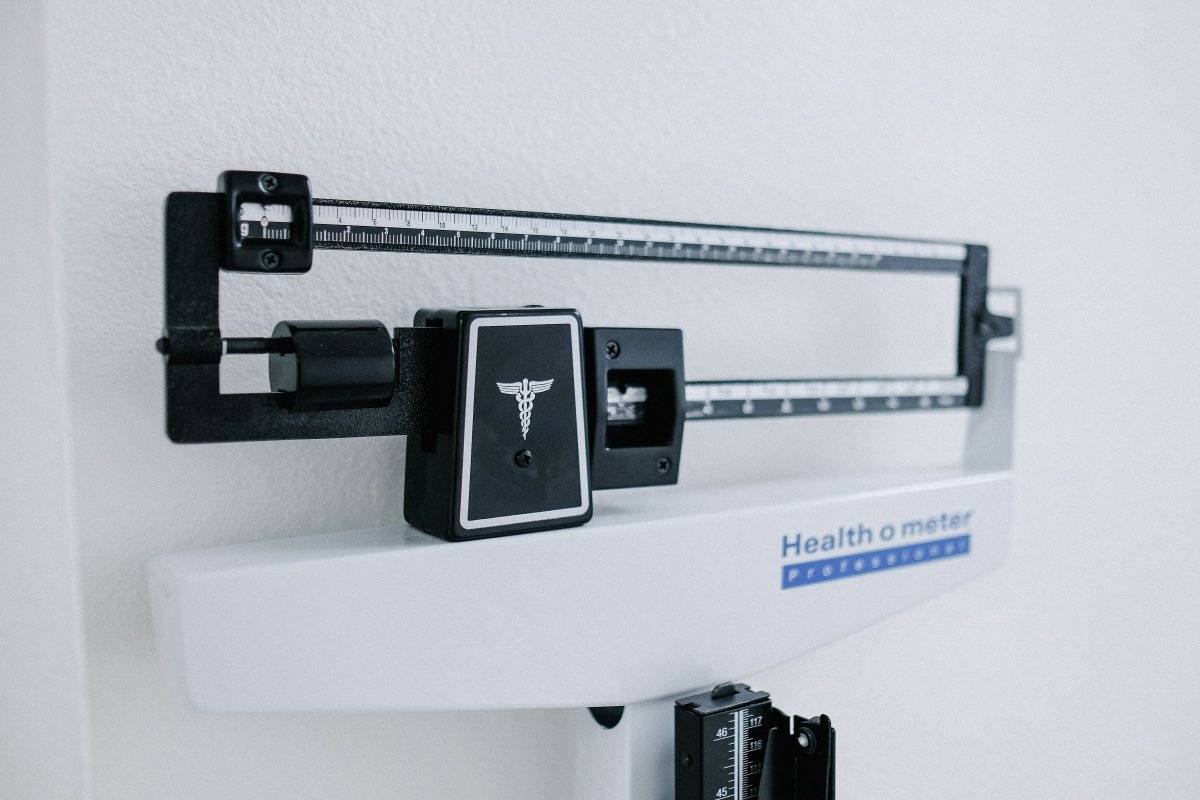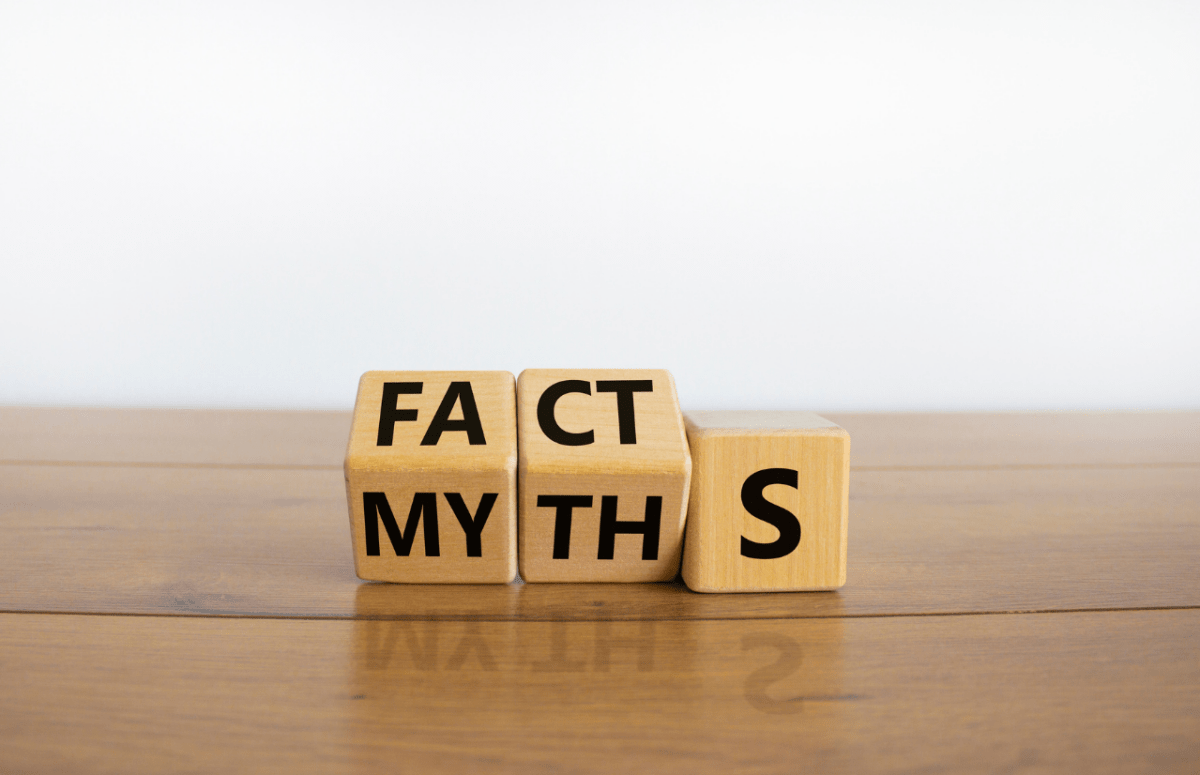Different Foods, Different Metabolism
When you eat, your body burns some of those calories just to digest the food this is called the thermic effect of food (TEF).
Here's how much energy your body uses depending on the macronutrient:
- Protein: 20-30% of calories are burned during digestion
- Carbohydrates: 5-10%
- Fat: 0-3%
So if you eat 100 calories of protein, you might only absorb 70-80 of them. But 100 calories of fat? You absorb almost all of them.
Hormones & Hunger
Different foods trigger different hormonal responses, especially insulin, which controls blood sugar and fat storage.
- Eating sugar or refined carbs (like white bread or sweets) spikes insulin, encouraging your body to store fat.
- Protein and healthy fats cause a much gentler insulin response and help release hormones that make you feel full.
- Foods high in fibre (like vegetables, nuts and oats) slow digestion and reduce hunger.
Satiety: Not All Calories Fill You Up the Same Way
Lets look at two common snacks, both around 100 calories:
- Half an avocado: high in healthy fats and fibre
- Two small biscuits: high in sugar and refined carbs
The avocado is likely to keep you fuller for hours, while the biscuits will spike your blood sugar quickly and crash it soon after. That crash often leads to cravings and more snacking.
Food Quality Affects Fat Storage
Even when calorie counts are the same, the type of calories can affect where and how your body stores fat:
- Fructose, found in sugary drinks and processed foods, is metabolised by the liver and more likely to lead to fat accumulation.
- Protein helps build and maintain muscle, which increases your metabolic rate helping you burn more calories even at rest.
Real-Life Examples
Same Calories, Different Effects:
- 100 kcal of nuts: fibre, healthy fats, protein filling, slow energy release
- 100 kcal of fizzy drink: pure sugar spike & crash, no satiety
- 400 kcal of chicken: high protein, thermogenic, supports muscle
- 400 kcal of pasta: high carbs, moderate satiety, easy to overeat
What Does This Mean for Weight Loss?
It is still true that to lose weight, you need to be in a calorie deficit using more energy than you take in.
But if you focus only on the numbers and ignore the quality of those calories, you’re likely to:
- Feel hungrier
- Struggle with cravings
- Lose muscle instead of fat
- Feel tired or low on energy
In contrast, choosing nutrient-dense, whole foods makes weight loss easier, more sustainable and healthier.
Final Thoughts
So, are all calories the same? On paper yes. But in your body, absolutely not!
If you're aiming to lose weight or improve your health, the type of food you eat matters just as much as the amount. Focus on whole, minimally processed foods, prioritise protein and fibre, and limit sugar and refined carbs.
You’ll not only lose fat more effectively you’ll feel better doing it.





Share:
The Plate Method: A Simple Guide to Healthy Eating for Weight Loss
Can Turmeric Help Lower Blood Sugar Like Metformin?